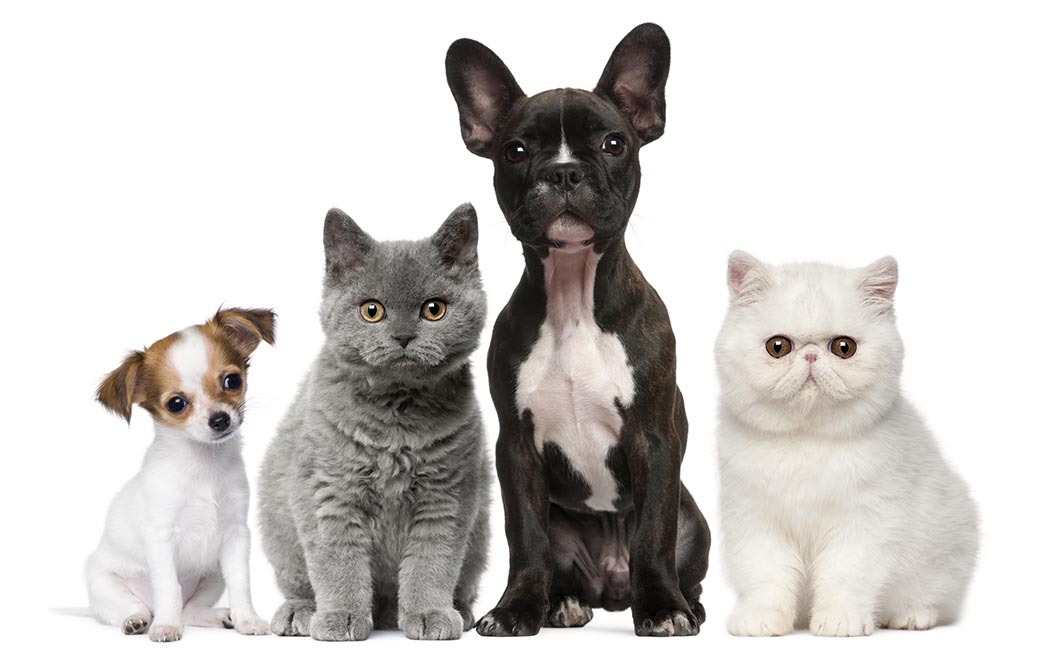Your pet questions answered with Chris Troughton of Heath Vets
Chris Troughton of Heath Vets answers your pet questions.
I’ve heard rumours of a nasty disease called Alabama Rot which can be fatal for dogs. I’ve looked it up on Google and there appears to be some confusion as to whether it is here in Wales and what precautions we need to take. Can you advise please? Thank you.
“Alabama Rot” is a newly recognised disease of dogs of unknown cause. It was first seen a few years ago in the USA, in Greyhounds. In the last few years, cases have been recognised in dogs of many breeds in the UK. It has been caused New Forest Syndrome in the UK as most cases have been from that area of the country, but some have come from far distant areas. One case has been recorded in Monmouthshire, but none in the Cardiff area.
The symptoms of Alabama Rot include painful skin sores on the legs, belly or mouth. These are rapidly followed by generalised illness and acute kidney failure. Unfortunately, many affected dogs cannot be saved in spite of intensive treatment. Although a good deal of analysis and research is going on, we still have no idea what the cause is so it’s very hard to advise how to keep your dog safe. However, you should not worry too much. Your dog is very unlikely to meet this disease as it is extremely rare – the only published figures available showed 30 confirmed cases in the whole UK by the end of March 2014.
2. Over the last few weeks, my cat has started grooming herself more than usual. I sometimes sit there and watch her and wince as she really goes at it sometimes. I’ve tried to check her skin and there doesn’t appear to be anything there causing problems. Nothing has changed in her routine either so I’m a bit perplexed as to why she would behave like this. She’s 3 years old.
Overgrooming is quite a common problem in cats. It is usually due to two main causes – itch and stress. Cats rarely scratch themselves if they itch but they lick the affected area. This can cause hair loss, and sometimes you will find scabs and sores on the skin. The commonest reason by far is flea-bite hypersensitivity, so the first thing to do for your cat is to make sure you are using an effective flea treatment, at the correct dose and frequency. Prescription flea treatments are usually much better than over-the-counter remedies.
Stress makes some cats groom excessively. It is believed that grooming causes the release of feel-good endorphin hormones in the cat, and this helps to counter any stress the cat is having. Stress could be anything from a new cat coming into the garden to a new baby at home, or just a neighbour with a noisy dog. Cat companions at home are actually the most common cause! There are some helpful non-drug remedies for stress, such as Feliway and Zylkene, and if the cat is disturbed enough to warrant it, we sometimes use human antidepressants (but please don’t give her any yourself, as you could seriously harm her!) However, in my experience, very few cats overgroom purely because of stress – there is usually a small amount of itch that initiates it. If you can’t work out what is going on, see your vet before it gets too bad.
3. I have a small dog who very occasionally, seems to start snorting in and out quite loudly as if he was sneezing inwards. It can happen for no reason but mostly occurs when he is out on a walk when he’s busy sniffing things as he likes to do. It only lasts for a few minutes and doesn’t appear affected by it afterwards. Do you know if this is normal or if he has a problem of some kind that needs to be addressed?
This sounds like the phenomenon of ‘reverse sneezing’ – which is exactly how you’ve described it. Reverse sneezing is usually seen in dogs, rarely in cats, and we don’t know what causes it. It may be associated with allergies or other respiratory irritation but usually there are no other signs and the patient doesn’t go on to develop more troublesome symptoms. Most dogs who do reverse sneezing will do it on repeated occasions. It doesn’t seem to worry them and stops after a few seconds. It may help to gently stroke the throat or close his nostrils for a few seconds to encourage him to swallow to end the episode. There are other conditions which are similar to reverse sneezing which can be more serious, so if your dog is at all unwell, get him checked by your vet.

